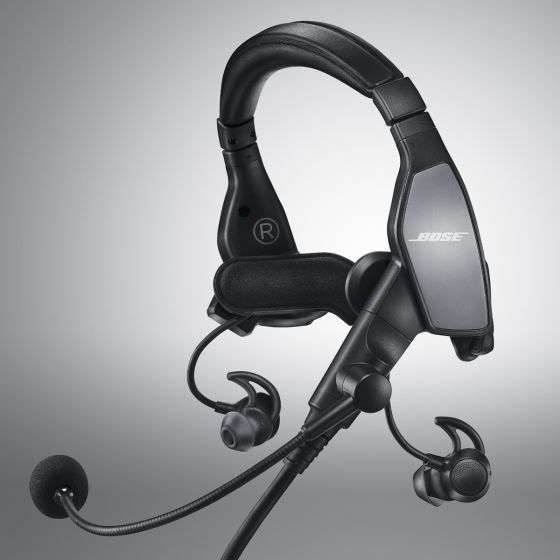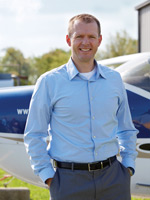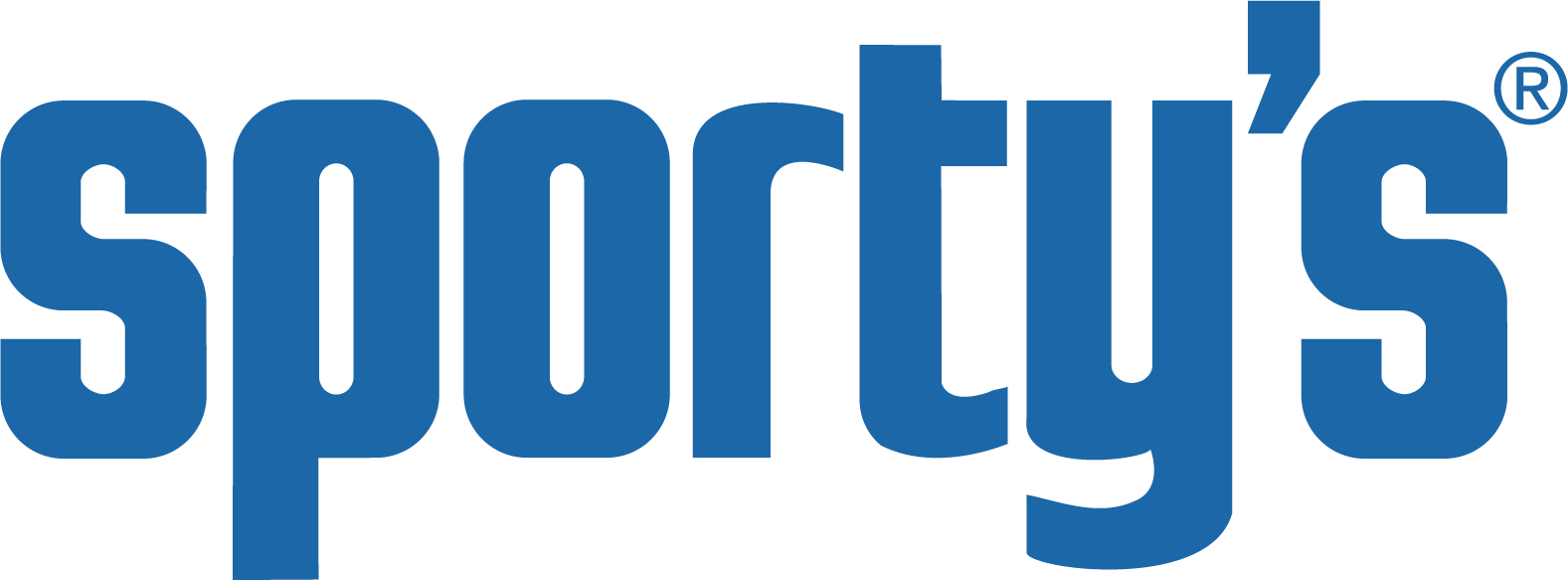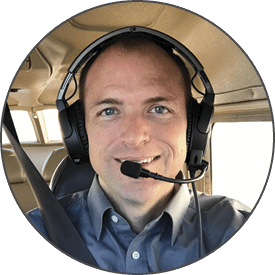Bose ProFlight Series 2 Aviation Headset without Bluetooth
Free Shipping!

In stock
Backordered
The smallest, quietest ANR headset for professional pilots
Now professional pilots can wear a Bose headset designed specifically for airline and corporate flight decks, including all the noise reduction, comfort, and advanced audio features that have made Bose the top-selling headset brand in aviation. The completely new ProFlight Aviation Headset weighs just 4.9 ounces and uses comfortable silicone eartips to virtually eliminate side pressure, so it can be worn for hours without discomfort - perfect for long days in the cockpit of a Boeing or a Gulfstream. It still features digital active noise reduction, Bluetooth connectivity, and famous Bose audio quality, making it a no-compromise headset for professional pilots.
Pilot-friendly features:
- Innovative, lightweight design weighs just 4.9 oz. - no large ear cups or ear seals
- Contoured headband with replaceable pad - low profile with minimal clamping force
- Rotating side pads for comfort and stability - flip up for storage or horizontal for use
- Digital active noise cancellation - significantly reduces ambient noise (designed for jet aircraft, not piston)
- Comfortable silicone eartips block noise - change sizes or replace without tools
- Active equalization - automatically shapes and equalizes incoming signal for enhanced clarity
- Adjustable boom mic - remains stable with head movement
- Electret noise canceling mic - increases clarity and reduces background noise, even with “hot mic” airplanes
Perfect for airline and corporate pilots:
- Tap control for talk-through communication - talk to a co-pilot or cabin crew without removing the headset
- Quick-release mic and down cable - move the boom mic to either side without tools (ideal for co-pilots)
- FAA TSO and E/TSO-C139a certified - approved for use on airline flight decks
- Easily replaceable components - change headband pad, side pads, and eartips for hygiene
Ergonomic control module:
- Three user selectable levels of noise cancellation - allows for user preference and changing aircraft
- Bluetooth phone and audio connection - connect to mobile devices for music or electronic flight bag notifications
- Audio prioritization - mix Bluetooth audio with intercom audio, or auto-mute Bluetooth audio when intercom is active
Bose Connect app
New from Bose, this free app offers an enhanced way to enable Bluetooth audio sharing, manage connections, pair and unpair devices, or rename devices. It’s also updatable and scalable with continuously developed features - everything you need to get the most out of your ProFlight headset for years to come.
STAFF PIREP

"The unique design of the ProFlight is perfect for turbine airplanes. I love how lightweight the headset is, and how there’s virtually zero clamping force on my head. But the ANR and Bluetooth features are still there, and make those long cross-country flights a lot more enjoyable.”
- Eric Radtke
ATP, CFI
Citation pilot
Sporty's Test Flight Guarantee
Take your new headset flying and make sure it's the right choice for you. If you're not thrilled, return the headset to us within 30 days and in the same condition in which you received it - we'll exchange it for another headset or refund your money. There's no paperwork and no hassle. Just another reason why Sporty's is the #1 headset dealer in aviation.
Which cable do I need?
Most headsets come in multiple cable configurations. Choosing the right one is pretty easy, it just depends on what type of aircraft you fly:
- Battery powered, twin plugs - this is by far the most common style, with separate microphone and headphone plugs (so-called PJ plugs). Almost every airplane ever built has these two plugs in the panel, so these headsets are universal. The only downside is that, for ANR headsets, you will need to use AA batteries to power the headset.
- Aircraft powered, 6-pin plug - the second most popular style, sometimes called the "LEMO plug," requires no batteries since it is powered by the panel. This is convenient, but it does require the 6-pin plug to be installed in the panel. While many newer airplanes come with this option, most older airplanes do not. For these applications, you'll need to have your avionics shop wire in the plug - not a big job, but not something pilots can do on their own.
- Airbus XLR plug - less common is a single 5-pin connector that is made for Airbus jets.
When in doubt, we recommend buying the battery powered, twin plug model. This is the most universal option, and will work in almost any airplane. If you have a 6-pin plug in your airplane or you plan to install one, the aircraft powered model is a nice option.
Sporty's tips
- Selecting the proper ear tip size is critical. If you have the wrong size, the headset’s performance will be compromised. This is especially true of the tap control feature, which simply will not work properly. ProFlight comes with three tip sizes, S, M, L. The medium is the default size and fits most pilots best. The small and large can be found in the pouch inside the carry case. Some pilots may find that they need one size in one ear and another size for the other ear.
- To change the ear tip, pilots should not pull on the “wing” of the silicone ear tip. Instead, hold the wing with your index finger and thumb while supporting the base of the ear tip with your other fingers. Gently pull back and away from the ear bud to remove the tip. This will reduce the likelihood that they will tear the ear tip.
- Three Levels of Active Noise Cancellation (ANC) – In fact, the three settings offer different noise canceling profiles based on environmental factors. This means that in some aircraft pilots might find medium to be a better setting than high. We also need to stress that the low position is really just “hear-through” which optimizes voice frequencies outside the intercom. Unfortunately, wind noise is in a similar frequency range as voice, so the user will experience an increase in overall noise, even though voices will be optimized. It is important to stress that low mode is intended for use on the ground, while at the gate for example, to communicate with people coming in and out of the flight deck while staying in contact with flight ops. It is NOT intended for use while in flight. The intent is to use it when you need, then to go back to medium or high mode.






